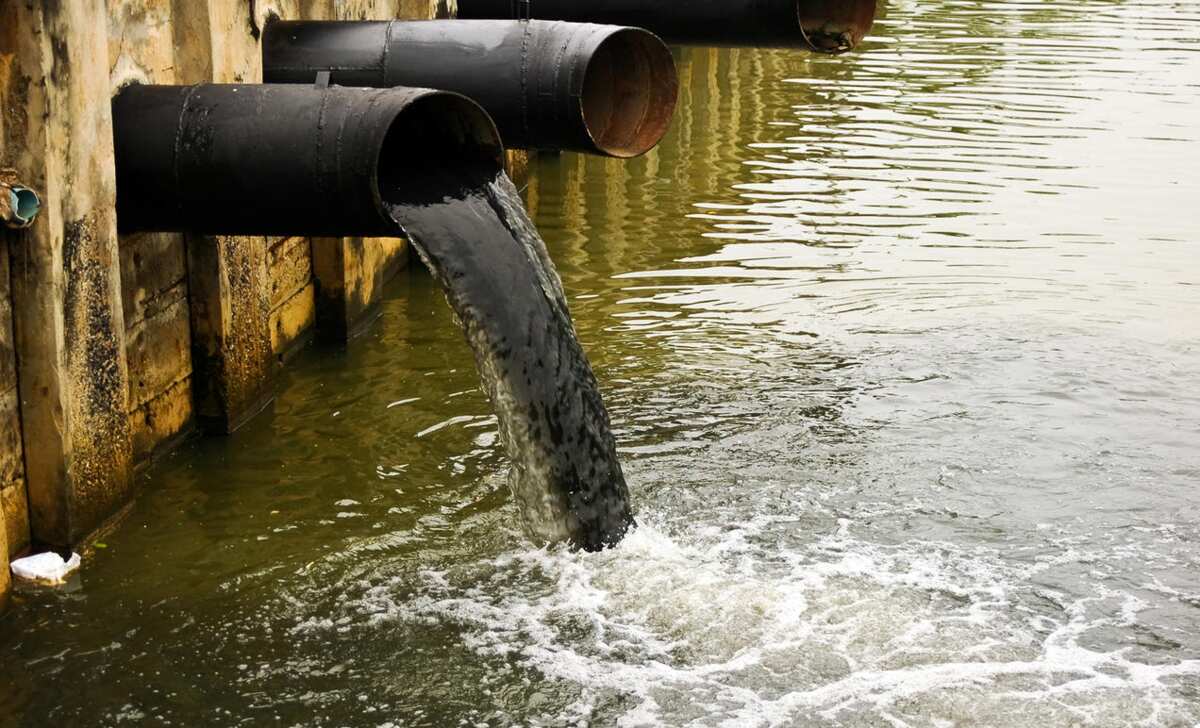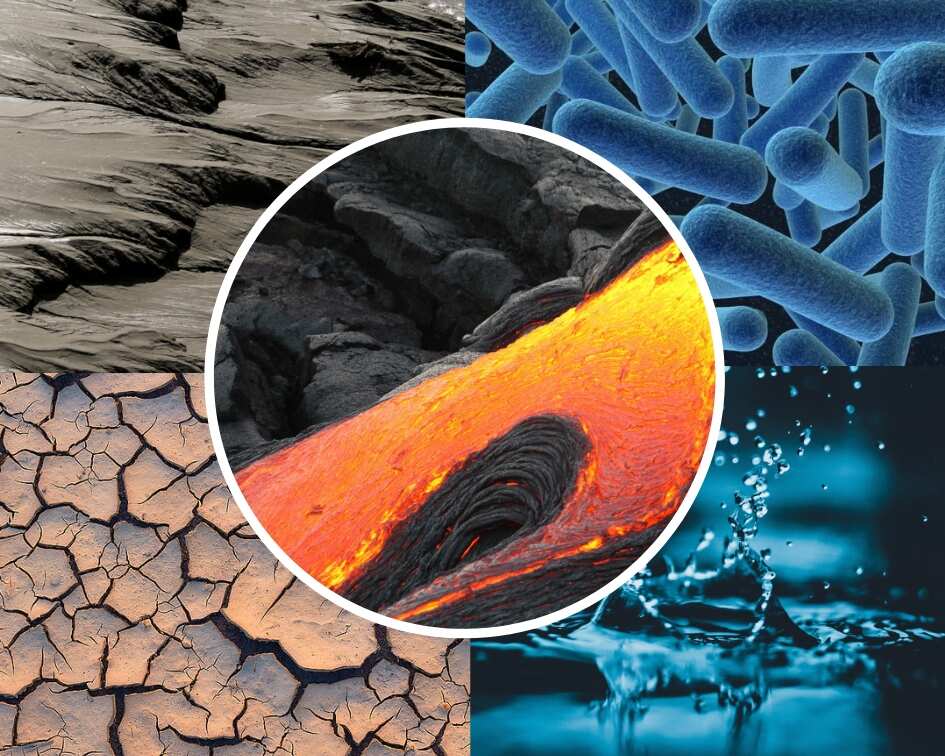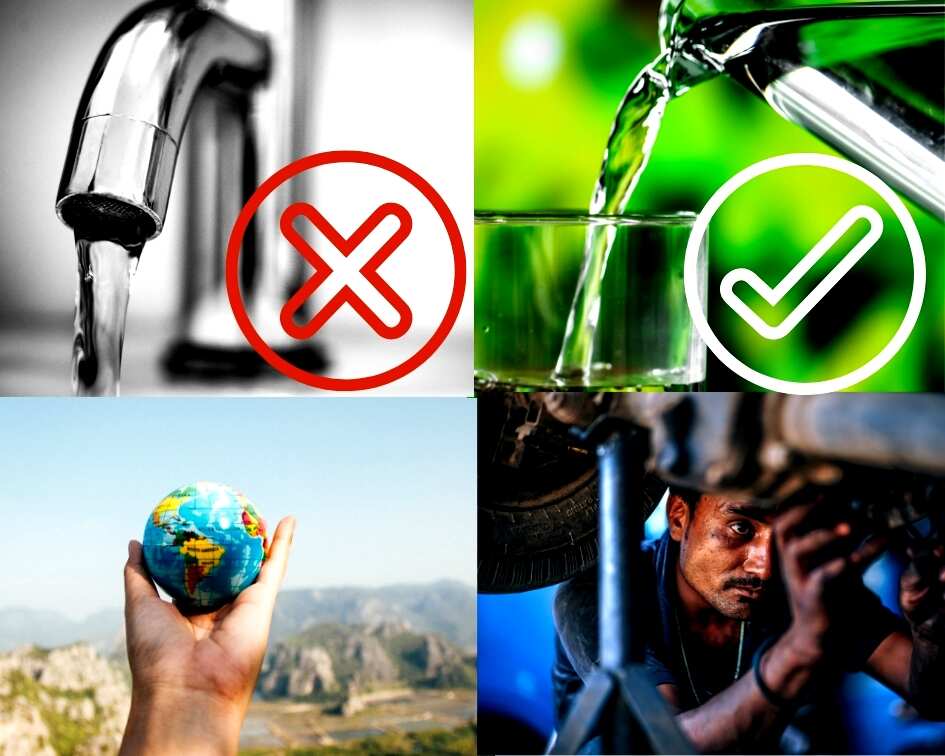What are the sources of water pollution? Water is an essential resource on the planet. Its contamination is a huge problem for all the countries around the world. Let us discover the primary sources of water pollution and the top 7 ways to help nature!

Image: flickr.com
Source: Getty Images
Nature is the most wonderful thing in the world. It provides us with its riches that are vital for human: air, water, fertile soil, mineral resources, forests, field, fauna, and flora. The problem is that man’s activity has damaged the state of the environment. Moreover, many people do not care about what will happen tomorrow with nature and keep on polluting it in different ways.
In this article, you will find out the most significant sources of water pollution and discover how you can help nature to recover.
Different sources of water pollution
Based on the definition of merriam-webster.com one can define water pollution as the action of polluting by water contamination with human-made waste.
British poet W. H. Auden noticed the thing one should start thinking over right now. He said: “Thousands have lived without love, not one without water.” And it is true.
At present, many countries worldwide face a problem of unsafe water that is much more dangerous than any form of violence or war.
To find the way out, we should answer the question “What are the sources of water pollution?” There are many ways our environment gets polluted. However, they all can be split into two big categories:
- Natural sources of water pollution;
- Anthropogenic sources of water pollution.
Let’s learn a bit more about each of them!
Top 5 natural sources of water pollution

Image: pexels.com, flickr.com (modified by author)
Source: UGC
- Bacteria, parasites, and viruses for which the soil is the natural habitat. How do they pollute water? - you will probably ask. The matter is that all those microorganisms live and function within soil until the occurrence of flood, runoff or dirty flows of water that gets them all together and transfers to the nearest well, spring, or any other source of fresh water for people. Without treatment, this water causes diarrhea and great plenty of diseases.
- Nature’s heavy metals. Naturally, the underground rocks and soils may contain a wide spectrum of elements like cadmium, lead, chromium, selenium, and arsenic. All these elements are not often found in our domestic wells. However, they may occur. If you have no well but have a desire to dig it, you should consult specialists first and check whether the underground spring carries safe water.
- Mudflows. This natural phenomenon occurs in the mountainous areas during heavy rains. The stream of dirty waters carries not only mud but also trees, leaves, and small stones into rivers.
- Erosion. Heavy rains create another source of water pollution. The water itself is a liquid substance that naturally includes such elements like cobalt, vanadium, nickel, barium, molybdenum, beryllium, tin, etc. However, when the water destroys soil, these elements may come into reaction with chemical structures present there. In high concentrations, the newly built compounds have a toxic effect and cause intoxication.
- Volcanoes. These massive giants produce a lot of chemicals, including sulfur dioxide, during the eruption. These elements fall on the ground in the form of precipitation and then – penetrate in the sources of freshwater and cause hard diseases.
Top 6 anthropogenic sources of water pollution

Image: flickr.com (modified by author)
Source: UGC
- Agriculture. Among the primary sources of water pollution, agriculture takes one of the leading positions. This human activity includes such processes as the uncontrolled spreading of manure, soil treatment, tilling, the use of fertilizers and pesticides that can also cause water pollution.
- Wastewater (Sewage). Sewage is another name for wastewater from industrial, commercial, domestic activities and stormwater runoff. All that contaminated water gets into a water-purification system. However, unscrupulous industrial tycoons often drain their production water directly into the canals and rivers. According to the data published by unesco.org, approximately 80% of wastewater come back into the environment without any treatment procedures.
- Oil industry. Every year one can observe thousands of incidents related to oil and fuels. The water contaminated with oil is unsafe to drink. It features reduced supplies of oxygen, thus leads to depletion of both the wildlife and ecosystems.
- Radioactive substances. Another source of water pollution is radioactive substances, generated by nuclear power plants, uranium mining, medical, industrial and other processes related to science research; and military weapon production and testing. Among the sources of radioactive substances are TVs, x-ray machines, luminous clocks, etc. When all that stuff is recycled not properly, some of those chemicals can penetrate in the water.
- River dumping. It is quite a common spread phenomenon when people throw garbage into rivers (old bikes, supermarket trolleys, old TVs, plastic bottles, etc.). River dumping is a crime not only in the face of residents living in a given area but, first of all, in the face of nature itself. When there is too much waste, the rivers have no other way than leave their usual path and turn into a stream causing a flood. Nature gives us homes to live in, and resources for a living and people have no right to act like that.
- Transportation. At present, the trading companies rather often use the service of large transport agencies that deliver cargoes from one country to another with the lowest level of loss (especially if it deals with delivery of products). All those tankers and vessels emit different compounds (like sulfur, nitrogen compounds, and carbon oxides).
READ ALSO: Current environmental issues in Nigeria and possible solutions
Top 7 ways you can help nature to recover

Image: pexels.com (modified by author)
Source: UGC
- If you need to get to the nearest shop, do not use your vehicle – go by foot. Thus, it will be your personal contribution to hydrocarbon and acid emission to the atmosphere (and to global freshwater supplies).
- Use fewer chemicals at home. Moreover, do the laundry with phosphate-free washing powder. Thus, you will decrease the number of toxic elements, penetrating in the lakes, rivers, and seas; which lead to a decline of the natural ecosystem.
- Use water deliberately: if you need to brush your teeth - just fill a cup with water, instead of turning on the faucet and wasting a few liters in vain. Moreover, it will help you save your family budget.
- Take care of your car properly to avoid the leak of oil, coolant or antifreeze.
- Avoid using pesticides, fertilizers, and herbicides.
- Use environmentally friendly products.
- Practice tree planting. This action will help to slow the speed of surface water runoff down, decrease the erosion of soil and the establishment of toxic substances that can penetrate to water systems.
Now that you know the sources of water pollution, you also need to remember that nature is your home. Take care of nature’s health today to provide a safe environment for your children and grandchildren tomorrow.
READ ALSO: 10 ways to control pollution in Nigeria
Source: Legit.ng
